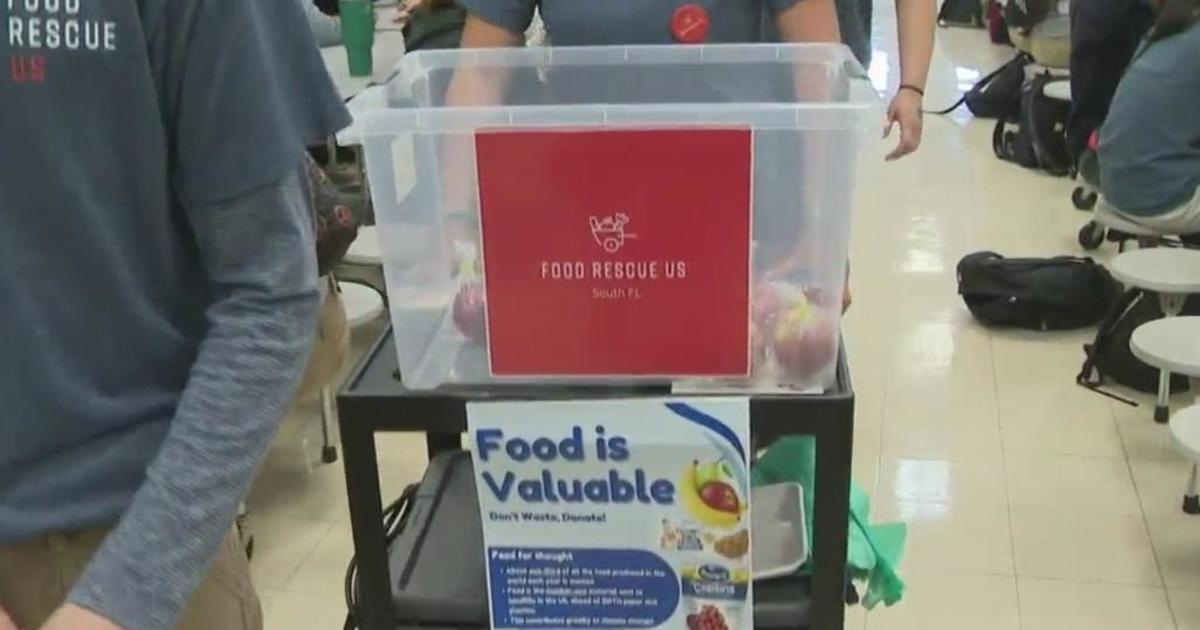Black History Month: Focus On Civil Rights Pioneer Thelma Gibson
MIAMI (CBSMiami) -- CBS4 is celebrating Black History Month by recognizing special people who contributed to South Florida's black history.
Thelma Gibson is a Miami native born in the 1920s, who witnessed life in Miami leading up to the civil rights movement. But despite obstacles associated with the color of her skin during the days of Jim Crow, Gibson accomplished a lot.
Some of her accolades include being named one of the founders of the Jewish Home for the Aged, she's one of 21 women who started the Women's Chamber of Commerce of Dade County (Dade's first women's Chamber) and she's the co-founder of the Thelma Gibson Health Initiative.
Thelma Gibson was born and raised in Coconut Grove in the 1920s and remembers the days of Jim Crow vividly.
"We had Colored Town and White Town, she recalled. "It was truly separate, but certainly not equal."
During a time when segregation was mandated by state law, Gibson said being treated as a second class citizen was just the norm.
"Well, we didn't really know the difference back then because we kind of just knew our place."
Gibson said Blacks had to sit at the back of City of Miami buses/trolleys and could not be seated nor served, and the inequality extended far beyond that to every walk of life.
"When you went downtown here in Miami, the only place in this city, the only place you could use the bathroom, was at the courthouse and it was in the back and downstairs. Burdines, what is Macy's today, we couldn't try on clothes there."
But despite the challenges, Gibson got her education and graduated from George Washington Carver High School in 1944.
She then went on to graduate from an St. Augustine's College in Raleigh, NC, where she became a registered nurse and then joined the Army and received specialized training in the operating room.
But when Gibson came back to Miami to use those skills at Jackson Memorial, she said after being hired she was told there were no positions available once they realized she was Black. She was sent to work instead in the Colored Wards.
"Only Colored nurses and patients were on the Colored floor. Colored One, Two and Three. Colored One was medicine, Colored Two was surgery, and Colored Three was OBGYN."
Gibson said it's important to remember how things used to be, so we appreciate where we are, while pushing for where we can be.
"It's so important because we don't know and a lot of people don't realize it was our grandparents and great grandparents who helped build this country."
Gibson will be speaking at a "Civil Rights in Miami" forum Wednesday, February 5th from 6-7p at the North Dade Regional Library in Miami Gardens.
The event is open to the public.



